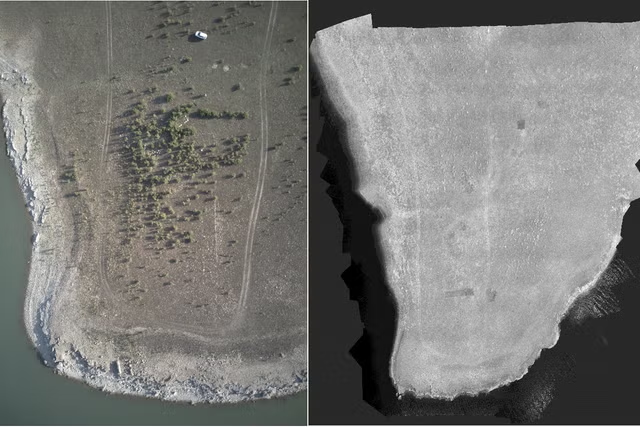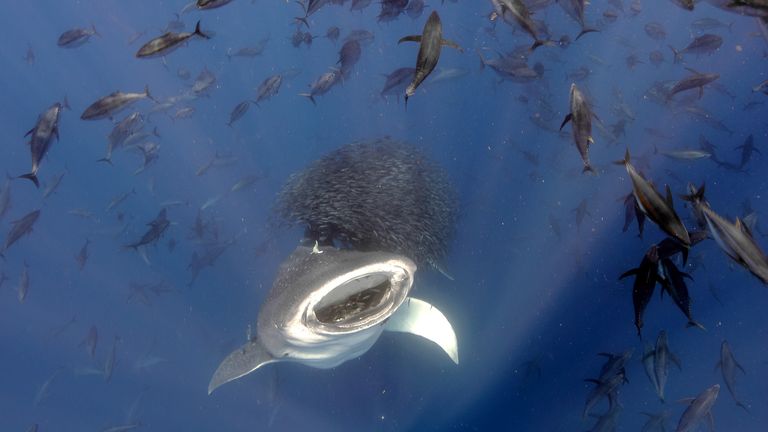The U.S. Centers for Disease Control and Prevention (CDC) has released updated guidance on the mpox outbreak after it was declared a global health emergency by the World Health Organization (WHO) on Wednesday.
The update includes advice for vaccinations and a map showing where the virus has been detected in U.S. wastewater, as well as an assessment of current risk levels in the nation.
The virus, previously known as monkeypox, got greater recognition during the global outbreak in 2022, affecting the U.S., Europe, Australia and many other countries. It comes in two "flavors"—clade I and clade II—and spreads through close contact.
More From Newsweek Vault: What Is a Health Savings Account?
The previous outbreak in the U.S. and Europe was driven by the clade II form of the virus and was mostly spread through sexual and intimate contact, with men who have sex with men having the highest risk of infection. However, the current surge is being driven by a new variant of the clade I virus, called clade 1b, that experts have described as the most concerning version of the virus so far.
Since the beginning of 2023, more than 22,000 cases of mpox are believed to have occurred in the Democratic Republic of Congo (DRC), with more than 1,200 deaths. This has likely been driven by the clade Ib variant, which has also spread to neighboring Burundi, Kenya and Rwanda.
In a statement on Wednesday, the U.S. government pledged an additional $17 million to support clade I mpox preparedness and response efforts in Central and Eastern Africa. The government also plans to donate 50,000 doses of mpox vaccines to the DRC.
But is mpox a concern in the U.S.?
The CDC says the risk to the general U.S. public is "very low," with only one case of clade I mpox detected outside of Africa—in Sweden. What's more, levels of clade II mpox are also extremely low, with only four positive wastewater detection sites in the entire country—two in California, one in Illinois and the latest in New Jersey.
More From Newsweek Vault: Compare the Top Health Savings Account (HSA) Providers
Wastewater surveillance data is useful because sewage can be tested to detect traces of infectious diseases circulating in a community, even if people don't have symptoms.
The map below shows mpox virus detection in wastewater between July 17 and August 13.
More From Newsweek Vault: Learn More About the Different Types of Savings Accounts
Despite two positive results at a site in New Jersey, detection still remains low, with only two out of eight samples tested being positive during this period.
Those in the U.S. who have had mpox or are fully vaccinated should be protected against both clade I and clade II mpox, the CDC says. You can also protect yourself by taking the following precautions, it adds:
- Avoid close contact with people who are sick with mpox symptoms, like skin lesions, especially around the genitals.
- Avoid contact with wild animals in areas where mpox regularly occurs (for example, while traveling.)
- Avoid contact with contaminated people and materials such as bedding and clothing used by people who are sick.
Is there a health problem that's worrying you? Let us know via health@newsweek.com. We can ask experts for advice, and your story could be featured in Newsweek.
Disclaimer: The copyright of this article belongs to the original author. Reposting this article is solely for the purpose of information dissemination and does not constitute any investment advice. If there is any infringement, please contact us immediately. We will make corrections or deletions as necessary. Thank you.



